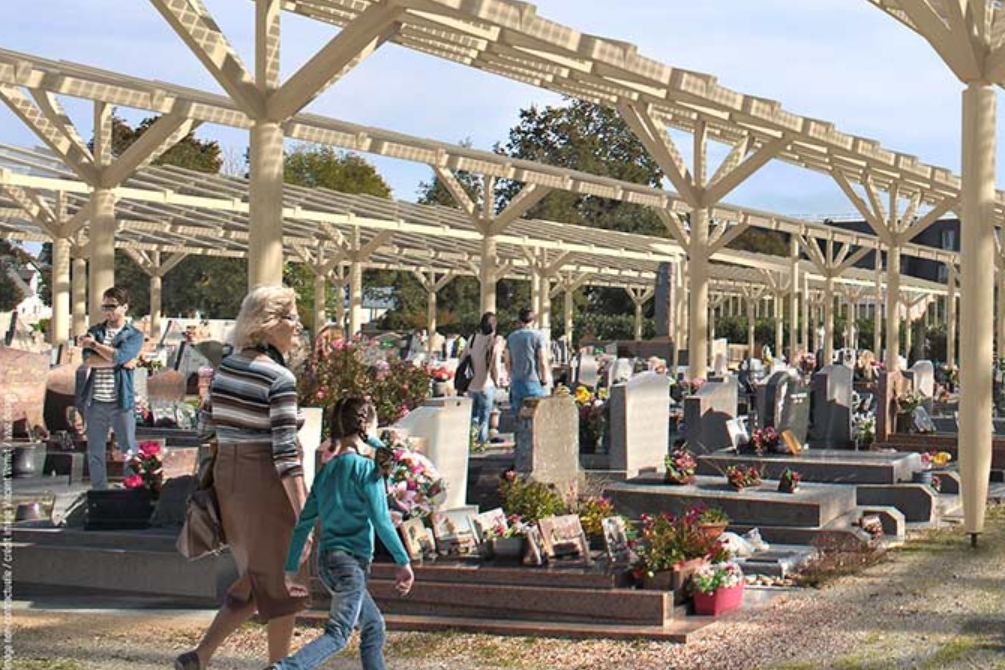Spain to transform graveyards into largest urban solar farm
Requiem in Power (RIP) project will save 140 tons of carbon emissions every year

The city of Valencia is placing thousands of solar panels in its cemeteries as part of an ambitious plan to transform them into green energy hubs.
The Requiem in Power (RIP) project is set to be the largest urban solar farm in Spain, capable of producing around 2.8 MW of electricity,
Around 7,000 photovoltaic panels have been placed on crypts and other structures in public cemeteries in Valencia, according to a European Union fact sheet that details the project.
“These public spaces offer plenty of space for the generation of clean energy,” the fact sheet states. “The produced energy will be used for public utilities, as well as local citizen’s households.”
It is estimated that the RIP project will save up to 140 tons of carbon emissions every year when fully operational.
It forms part of the Valencia 2030 Climate Mission, through which the Mediterranean city has become a pioneer of the European Union’s target to become climate neutral by 2050.
Valencia is aiming to achieve that goal on a municipal level 20 years ahead of schedule, reaching climate neutrality by the end of this decade.
“In this climate emergency context, cities have a crucial role to play in the fight against climate change and are key to the solution,” the project’s website states.
The benefits associated with the decarbonisation of Valencia are obvious and form part of our aspirations: healthier people, less traffic jams and noise, less pollution, more available natural spaces, better habits, [and] more innovation. We aspire to make Valencia a healthier, more sustainable, more shared, more prosperous and, in short, more liveable and desirable city for people.”
Valencia is not the first place to install solar panels in its cemeteries, with a commune in France launching a project in 2021 to transform its graveyard into a renewable energy hub.
Saint-Joachim in the west of the country plans to install 5,000 panels by next year at a cost of around €3.3 million (£2.8m).
Join our commenting forum
Join thought-provoking conversations, follow other Independent readers and see their replies
Comments
Bookmark popover
Removed from bookmarks